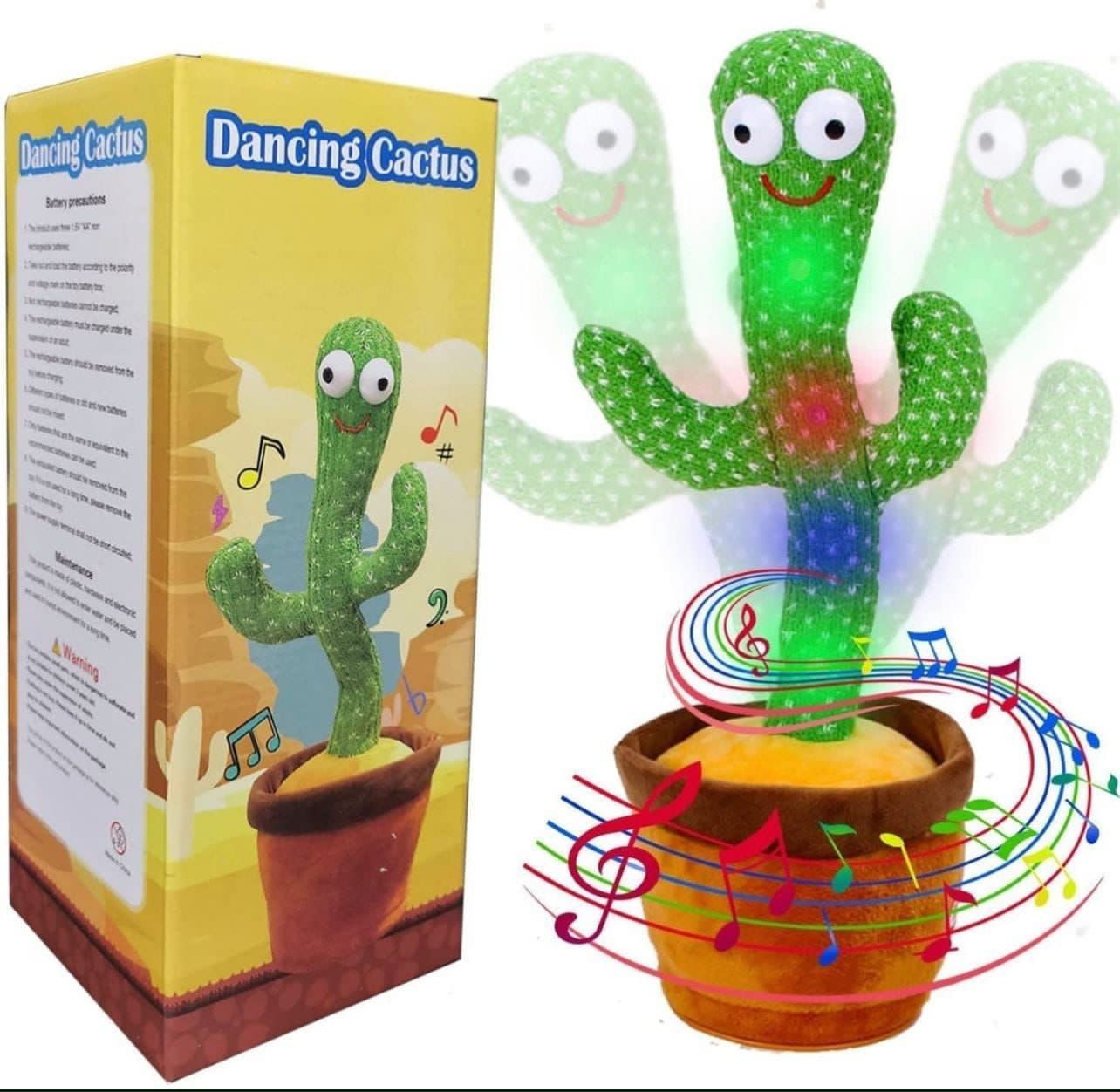Fun-Filled Kids Musical Toys

Music has the power to captivate young minds and unleash their creativity. Introducing your child to the world of musical toys can be an excellent way to foster their love for music and enhance their cognitive development. In this comprehensive guide, we will explore the key factors to consider when choosing the suitable musical toy for your child, essential features to look for, different types of musical toys available, age-specific recommendations, and a helpful FAQ section to assist you in making an informed choice.
How to Choose the Perfect Musical Toy for Your Child
Choosing the suitable musical toy for your child is essential to ensure their enjoyment and safety. Consider the following factors:
Age Appropriateness: Select a musical toy suitable for your child's age and developmental stage. Toys designed for different age groups will provide appropriate challenges and learning opportunities.
Safety Considerations: Prioritize safety features such as non-toxic materials, rounded edges, and securely attached parts. Look for toys that meet relevant safety standards.
Durability and Quality: Opt for well-made toys that withstand rough play and last long. Sturdy construction ensures that the toy will endure the test of time.
Engagement and Interactive Features: Look for musical toys that actively engage your child through buttons, lights, sensors, or interactive play modes. Such features promote a dynamic and immersive experience.
Important Features to Look for in Musical Toys
When exploring musical toys, keep an eye out for the following features:
Sound Quality: Choose toys that produce clear, pleasant sounds. High-quality sound encourages music appreciation and improves auditory perception.
Instrument Variety: Consider toys that introduce different musical instruments to your child. This helps them explore various sounds and develop a broader musical understanding.
Volume Control: Toys with adjustable volume settings allow you to find a suitable level for your child's comfort and protect their hearing.
Easy Operation: Simple controls and intuitive interfaces make it easier for young children to interact with musical toys independently.
Educational Elements: Look for toys that incorporate educational elements such as numbers, letters, colours, or music theory concepts. These toys can promote early learning while having fun with music.
Developing Skills through Musical Toys
Musical toys offer a range of developmental benefits for children. Here's how they can support various skill development areas:
Sensory Development: Musical toys stimulate a child's senses through sound, rhythm, and tactile experiences. They enhance auditory, visual, and tactile perception.
Fine Motor Skills: Playing musical instruments or pressing buttons on music toys helps refine hand-eye coordination and finger dexterity.
Language and Communication Skills: Singing along, imitating sounds, or creating rhythms can improve language development, pronunciation, and communication skills.
Cognitive Development: Musical toys engage the brain in pattern recognition, memory, problem-solving, and creativity. They promote cognitive abilities, spatial awareness, and imagination.
Emotional and Social Development: Music evokes emotions and encourages self-expression. Musical toys allow children to explore feelings and develop social connections through collaborative play and shared musical experiences.
Different Types of Musical Toys
There are various types of musical toys available, catering to different interests and age groups:
Musical Instruments:
Miniature versions of real musical instruments, such as keyboards, drums, guitars, and xylophones, introduce children to playing and creating their music.
Electronic Music Toys:
These toys feature pre-programmed melodies, interactive buttons, and sound effects to encourage exploration and creativity.
Musical Plush Toys:
Soft and cuddly toys that play soothing melodies or nursery rhymes, providing comfort and sensory stimulation for infants and young children.
Music Learning Systems:
Comprehensive systems that combine musical instruments, interactive lessons, and games to teach children about music theory, composition, and instrument basics.
Age-Specific Recommendations
Consider the following age-specific recommendations while choosing musical toys:
0-12 Months: Soothing Musical Mobiles and Rattles - These toys provide gentle sounds and visual stimulation to engage infants and stimulate their developing senses.
1-3 Years: Interactive Musical Toys and Mini Keyboards - Toys with bright colours, buttons, and simple melodies allow toddlers to explore cause-and-effect relationships and start experimenting with music.
3-6 Years: Musical Instruments and Music Playsets - Encourage your child's creativity and expression by introducing them to age-appropriate musical instruments like mini keyboards, xylophones, and toy drums.
FAQ’s Around Kids Musical Toys
1. What are the benefits of introducing musical toys to my child?
- Ans: Introducing musical toys to your child offers several benefits, such as stimulating their cognitive development, enhancing sensory perception, promoting creativity and self-expression, improving fine motor skills, and fostering a love for music.
2. Are musical toys safe for infants?
- Ans: Yes, there are musical toys specifically designed for infants that prioritize safety. Look for non-toxic toys with no small parts that pose a choking hazard and ensure they meet safety standards.
3. How can musical toys enhance my child's cognitive abilities?
- Ans: Musical toys engage various areas of the brain, promoting cognitive development. They improve memory, pattern recognition, and problem-solving skills and stimulate creativity and imagination.
4. What are the best musical toys for developing fine motor skills?
- Ans: Musical toys that require the manipulation of buttons, keys, or strings, such as mini keyboards, toy drums, or xylophones, are great for developing fine motor skills in children.
5. Can musical toys help with language development?
- Ans: Yes, musical toys encourage language development by promoting imitation, pronunciation, and vocabulary expansion. Singing along to songs and nursery rhymes can enhance speech and language skills.
6. Are there musical toys suitable for children with special needs?
- Ans: Yes, inclusive musical toys are designed to accommodate children with special needs. Look for toys with sensory stimulation, adaptive features, or accessible interfaces to ensure inclusivity.
7. Do musical toys require batteries?
- Ans: Some musical toys need batteries to power the sound and interactive features, while others may be purely acoustic or mechanical. Check the toy's description or packaging to determine if batteries are needed.

